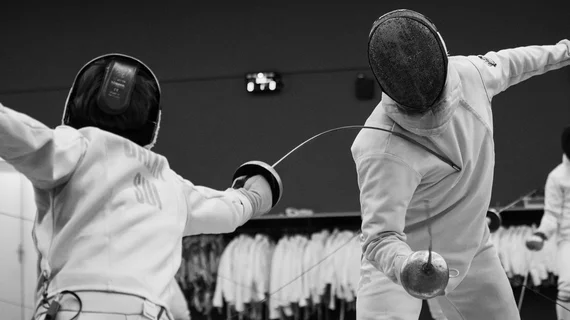Industry Watcher’s Digest
Buzzworthy developments of the past few days.
- Speaking of AI doomsayers having it out with AI cheerleaders: The Free Press just published a humdinger of a debate in this very vein. It’s posted as two separate but paired essays, both of which are drawing spirited comments from readers. The matchup pits the AI-happy American entrepreneur, investor and engineer Marc Andreessen against the pensive British novelist, poet and classical environmentalist Paul Kingsnorth. Here’s a taste.
- Andreessen: “What AI offers us is the opportunity to profoundly augment human intelligence to make all outcomes of intelligence—across science, technology, math, physics, chemistry, medicine, energy, construction, transportation, communication, art, music, culture, philosophy, ethics, morality—much, much better from here.”
- Kingsnorth: “Neither law nor culture nor the human mind can keep up with what is happening. To compare AIs to the last great technological threat to the world—nuclear weapons—would be to sell the bots short. ‘Nukes don’t make stronger nukes,’ as [one technology ethicist] has said. ‘But AIs make stronger AIs.’ Buckle up.”
- To foresee how AI may improve healthcare delivery while busting clinician burnout, look back at how e-prescribing elbowed out illegible scribblings on prescription pads. Surescripts CIO Mark Gingrich guides that tour in a short piece published this week in Medical Economics. The leap ahead in pharmacy technology, he writes, ended up “paving the way to the better-informed patient care that we’ve come to expect today.” Read the rest.
- Five years from now—if not sooner—colonoscopy operators could face malpractice suits for not using AI. Mayo Clinic Platform president John Halamka, MD, explains why for a Washington Post columnist in news analysis published July 11. Halamka also breaks down the difference between predictive and generative AI, calling the latter a “completely different kind of animal.” Read the piece.
- Watch for hospital nursing departments to help lead the way on generative AI adoption. At least, that’s the sense one gets from listening to nursing informaticist Jung In Park, PhD, of UC-Irvine. “I plan to use a large language model for predicting patient outcomes, specifically focusing on factors such as the risk of mortality and hospital-acquired conditions,” she tells HIMSS Media outlet Healthcare IT News. Q&A here.
- Ethical hackers—the ‘good geeks’ who put their sly skills to work for cybersecurity purposes—aren’t worried about AI taking their jobs. On the other hand, they also don’t expect AI alone to ever become an unstoppable skeleton key for the “bad geeks.” However, AI can help hackers on both sides work faster. Human brains are “literally wired to be creative and find novel solutions to novel problems,” says one. (Implication: AI, not so much.) The educated opinions are from the crowdsourced penetration-testing firm Bugcrowd via worthwhile coverage of the company’s work and findings in Computer Weekly.
- The Chinese Communist Party is cracking down on citizens who would innovate a little too freely with AI. No shock there. But some of the current stepped-up measures may go so far as to hurt the country’s ability to compete with Western rivals. Hmm. Three cheers for the CCP’s AI crackdown. Reuters has the story.
- Recursion (Salt Lake City) is getting a $50 million infusion from chipmaker/AI powerhouse Nvidia (Santa Clara, Calif). The pharma company will use the funds to train drug-discovery AI models on Nvidia’s cloud platform. At the same time, Recursion will use Nvidia cloud services to refine its AI foundation models for biology and chemistry. Announcement.
- The EHR and analytics outfit Net Health (Pittsburgh) is partnering with the wound-care experts at Healogics (Jacksonville, Fla.) to make the most of an AI platform. The platform, called Tissue Analytics, lets clinicians manage progress in wound healing with automated recording, tracking, analysis and related tasks. Announcement.
- From AIin.Healthcare’s news partners:

